Dysmorphology as biomarker for the study of autism
Individuals who have autism and dysmorphology comprise a distinct subgroup within the disorder, says geneticist Judith Miles.
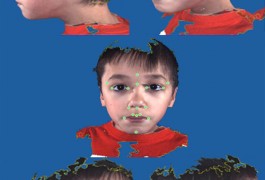
Individuals who have autism and dysmorphology comprise a distinct subgroup within the disorder, says geneticist Judith Miles.

Memory is a notoriously unreliable guide, and this is especially true when strong emotions are involved. So it’s not surprising that parents of children with autism tend to recall the exact onset of their child’s symptoms with something less than accuracy.
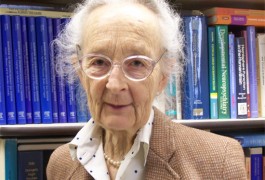
Autism is diagnosed based on the severity and variety of its symptoms. This makes it very difficult to diagnose and easy to confuse with other disorders, such as language delay and intellectual disability, cautions Isabelle Rapin.
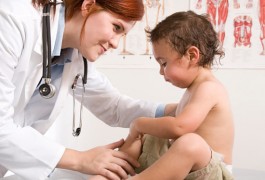
Regression, a sudden loss of language and social ability, does not lead to more severe autism, according to a study published in March in the Journal of Autism and Developmental Disorders. The study suggests that how autism develops does not influence the long-term outcome of children with the disorder.
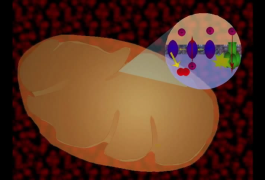
The first study to look at mitochondria — the powerhouses of the cell — in postmortem brain tissue taken from children with autism has found significant abnormalities in their function in some regions of the brain.

Toddlers who abruptly lose language, social or other developmental skills are more likely to have severe autism a few years later compared with children who have consistent delays from an early age. That’s the conclusion of the largest study thus far of autism onset patterns, published in the Journal of Autism and Developmental Disorders.
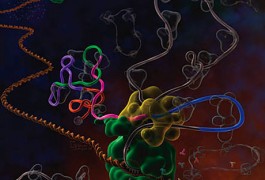
To examine protein interactions inside brain cells, scientists typically zero in on one gene at a time. A new method described in today’s Nature simultaneously measures expression of the whole genome.

At 6 months of age, babies who will later develop autism begin to lose some of their social skills and continue to regress until age 3, according to a study published in the Journal of the American Academy of Child & Adolescent Psychiatry.
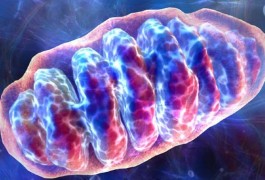
In the past two weeks, autism researchers and advocacy groups have been agog with news that autism could be linked to an extremely rare group of metabolic diseases.
As many as one in every three people with autism develop a macrocephalus, or extremely enlarged head, at some point in their lives, an observation largely accepted as fact. But how or why this happens ― and whether it happens consistently enough to be useful in diagnosing autism ― remains contentious.